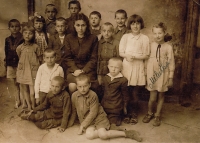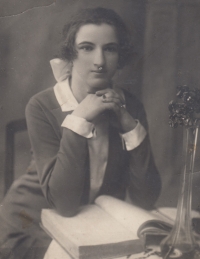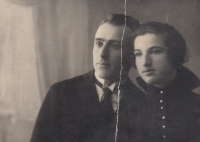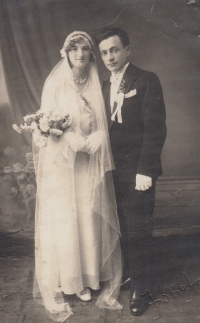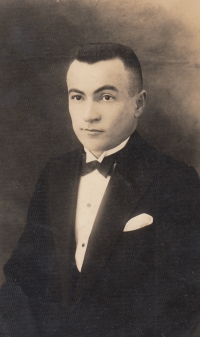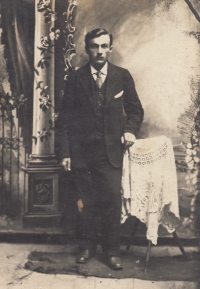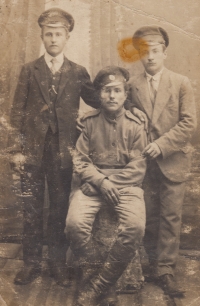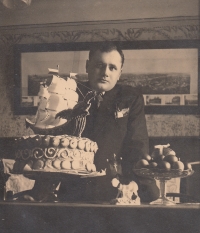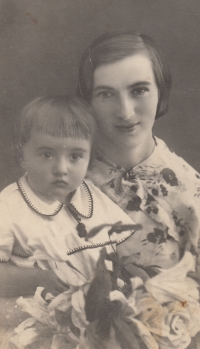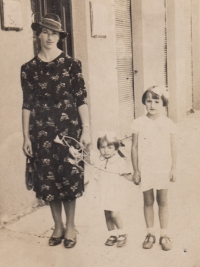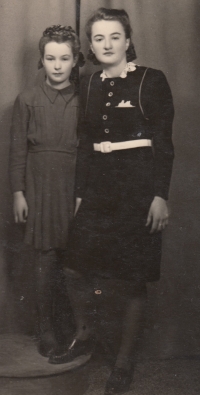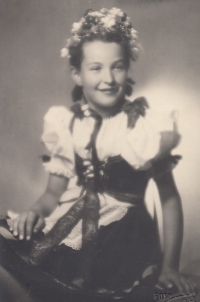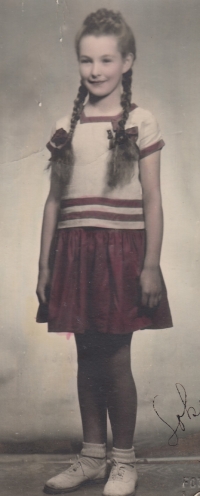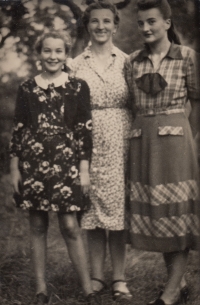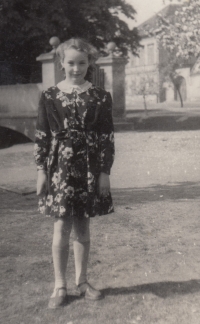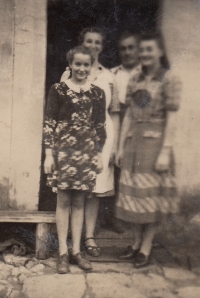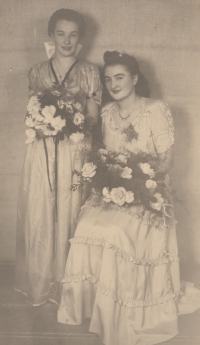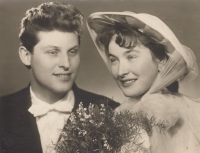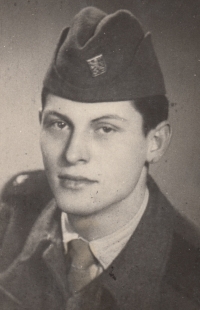They survived German air raids and the massacres by Banderites. Yet, they still fled from Volhynia
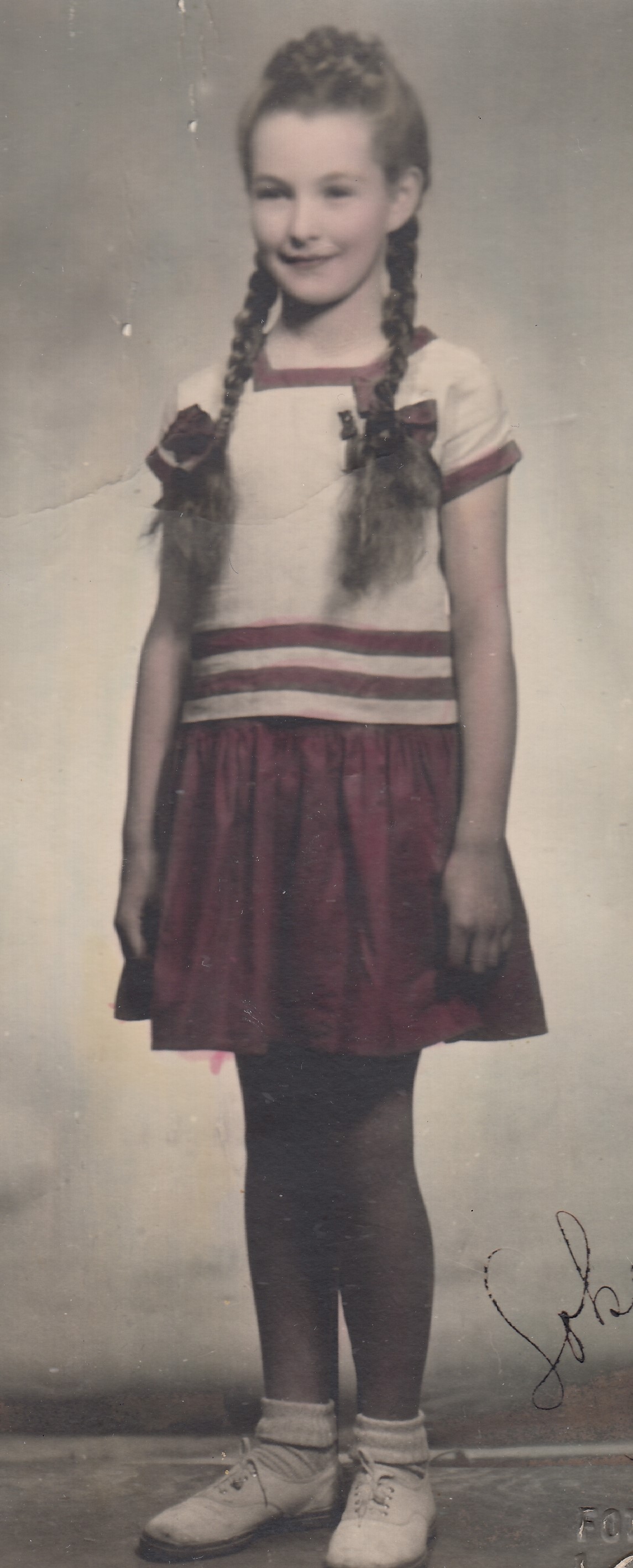
Stáhnout obrázek
Milena Hradecká, née Milica Bajerová, was born on 14 August 1937 in Rovno in Volhynia, which was then part of Poland. Her maternal grandparents, the Doleček family and her paternal grandparents, the Bajer family, came to settle Volhynia in the second half of the 19th century. Her parents ran a confectionery and bakery in Rovno, but after the beginning of the Second World War they moved to Zdolbunov. There, the witness experienced the movements of the eastern front and narrowly escaped death by bombing. Her relatives living in the countryside experienced the terror of the Banderites. Two uncles, a cousin and his wife joined the 1st Czechoslovak Army Corps and participated in the liberation of Czechoslovakia. In 1947, the witness and her family emigrated and settled in Spořice, North Bohemia. Soon after the communists took power, his father successfully ran a confectionery shop there again. Milena Hradecká worked as a pharmaceutical laboratory technician, and also rose to senior positions in the health care sector. In 2023 she lived in Chomutov. This story was recorded thanks to a grant from the City of Chomutov.
